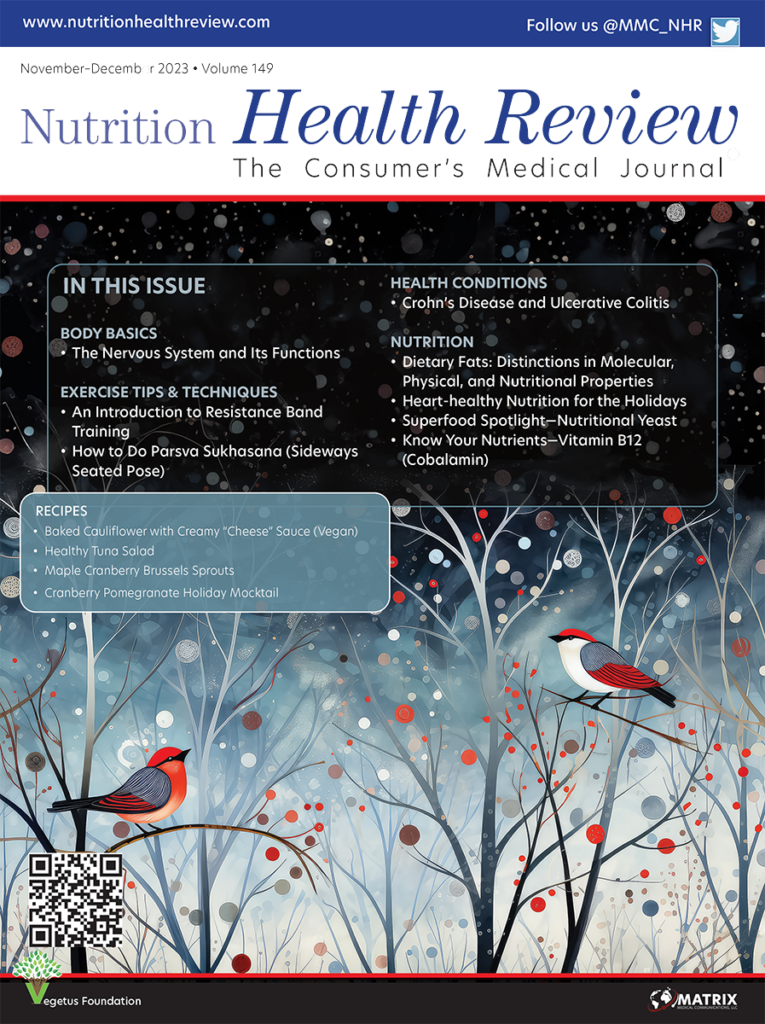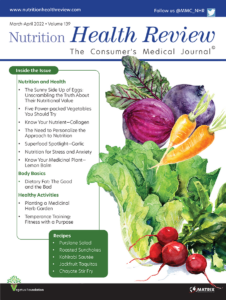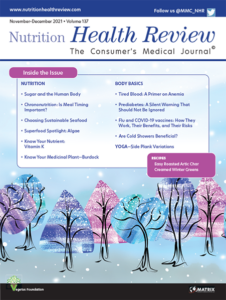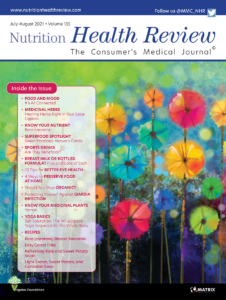

Human bodies do not make the mineral calcium, which develops strong bones, muscles, the heart, and nerves.1 Besides milk, which is commonly thought to be the only primary source for calcium, patients can also get calcium through a variety of different foods including broccoli, brussels sprouts, kale, and beans.2 Each

Tart cherries are a low-calorie food with multiple essential nutrients as part of a healthy diet, including fiber, vitamin C, potassium, polyphenols and carotenoids.1 Polyphenols are an antioxidant that helps prevent cardiovascular diseases, diabetes, and neurodegenerative diseases.2 As part of a daily diet, carotenoids, an antioxidant, can help reduce

Vitamin E is a fat-soluble nutrient that is actually eight compounds—four tocopherols and four tocotrienols. The synthetic dl-alpha-tocopherol (all-rac-alpha tocopherol) is also referred to as vitamin E and is found in dietary supplements and fortified foods. Tocopherols are considered to be the most active of the vitamin E compounds and

Sleep hygiene refers to practices and routines that help people fall and stay asleep each night,1 including sticking to a regular bedtime, maintaining a consistent bedtime routine, and creating an optimal sleeping environment.2 Developing and maintaining good sleep hygiene practices helps to ensure a good night’s rest for optimal physical

Raynaud’s Phenomenon (RP) occurs when there is a decrease in the blood flow to the fingers and toes caused by a tightening of blood vessels due to cold weather exposure or stress. Other common areas of the body that can be affected by RP include the ears, nose, and nipples.

The tiny bumps on the tongue, termed papillae, contain collections of cells known as taste buds.1 Food and drink travels through small openings in the tongue’s surface called taste pores, allowing the inner cells to identify their tastes.1 Common tastes include sweet, umami, sour, salty, bitter, fatty, and metallic.2 The

Fiber is a carbohydrate that cannot be digested by the small intestine but can be partially or fully fermented in the large intestine.1 Dietary fiber is an essential part of the diet, but most Americans do not consume enough. The average intake of dietary fiber in the United States (US)

My name is Emily Socolinsky, and I am the owner and head coach of Fivex3 Training, a strength and conditioning gym located in Baltimore, Maryland. I am a certified Starting Strength Coach and a former modern dancer. Prior to opening my gym in 2011, I was the school director of
Exercise
Nutrition
Body Basics
Recipes
Resources
Access the Latest Digital Edition Here

About Nutrition Health Review & The Vegetus Foundation
The Vegetus Foundation was founded by Frank Ray Rifkin, a former member of United States Army and serviceman in World War II, as a charitable endeavor dedicated to helping Americans improve their quality of life through education on healthy living. In 1979, shortly after the starting Foundation, Frank Ray published the first issue of Nutrition Health Review—the Consumer’s Medical Journal® (NHR)—to assist the Vegetus Foundation in achieving its mission. Since that time, over 150 issues of NHR have been published.
Sign up for NHR’s FREE Email Newsletter!
Get the latest news updates on preventative nutrition and holistic healthcare, including recipes, exercise, healthy lifestyle tips, maintaining mental wellness, and more!
Subscribe to NHR's Print Magazine

For only $18 per year, receive the information-packed printed magazine of NHR delivered to your home or business every other month (6x/year)
© 2024 Matrix Medical Communications. All Rights Reserved | Site Design by Dynamic Wave Consulting






